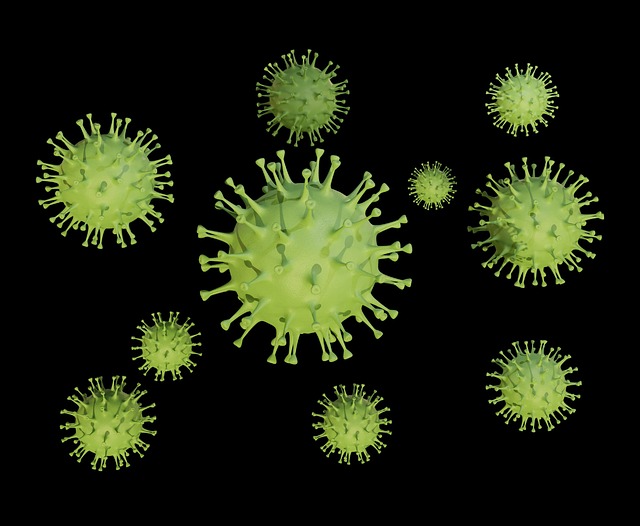
T Cells from Common Colds and SARS-CoV-2 Infection: Implications for Vaccine Development
Findings on T cells from common colds and SARS-CoV-2 infection provide valuable insights for developing second-generation universal vaccines, highlighting the potential for cross-reactive immunity against diverse coronavirus strains.
August 2022

Long COVID Less Likely in Fully Vaccinated Individuals: Comparative Analysis
Vaccination with at least two doses substantially decreases the reporting of long COVID symptoms, underscoring the protective effect of vaccination against persistent symptoms following SARS-CoV-2 infection and supporting vaccination efforts to mitigate the long-term consequences of COVID-19.
August 2022

COVID-19 Pandemic Continues with Omicron Variant: Epidemiological Projections
Despite the emergence of the Omicron variant, the COVID-19 pandemic is expected to continue, with a large proportion of the world population projected to be infected by March 2022, underscoring the need for ongoing surveillance and control measures to manage the pandemic.
August 2022

Long COVID in Children and Adolescents: Persistent Symptoms and Implications
Review of studies on long COVID in children and adolescents reveals persistent symptoms after COVID-19 infection, emphasizing the need for comprehensive care and support for pediatric patients experiencing prolonged illness and functional impairment.
August 2022

Differentiating Post-Vaccination Symptoms from Early COVID-19: Clinical Considerations
Clinical differentiation of post-vaccination symptoms from early COVID-19 infection is crucial, as some individuals may experience systemic symptoms following vaccination that overlap with COVID-19 symptoms, necessitating accurate diagnostic evaluation and management.
August 2022
Clinical Differences in COVID-19 Presentations: Insights into Viral Variants
Clinical differences in COVID-19 presentations are associated with viral variants, highlighting the importance of genomic surveillance and understanding variant-specific clinical manifestations for effective disease management and public health interventions.
August 2022
New Guidelines for Antimicrobial-Resistant Infections: Focus on Emerging Threats
Updated guidelines address the management of antimicrobial-resistant infections caused by specific pathogens, including AmpC lactamase-producing Enterobacterales, carbapenem-resistant Acinetobacter baumannii, and Stenotrophomonas maltophilia, emphasizing tailored treatment strategies to combat emerging threats.
August 2022

Cognitive Dysfunction After COVID-19: Long-Term Sequelae of Infection
A study reveals a relatively high frequency of cognitive impairment several months after COVID-19 infection, highlighting the long-term neurological sequelae of the disease and the need for comprehensive post-COVID care.
July 2022

Long-Term COVID-19 and Cardiovascular Compromise: Implications for Post-COVID Care
Long-term prevalence of post-COVID symptoms, including cardiovascular compromise, underscores the need for comprehensive post-COVID care and management strategies to address persistent sequelae of SARS-CoV-2 infection.
June 2022
















